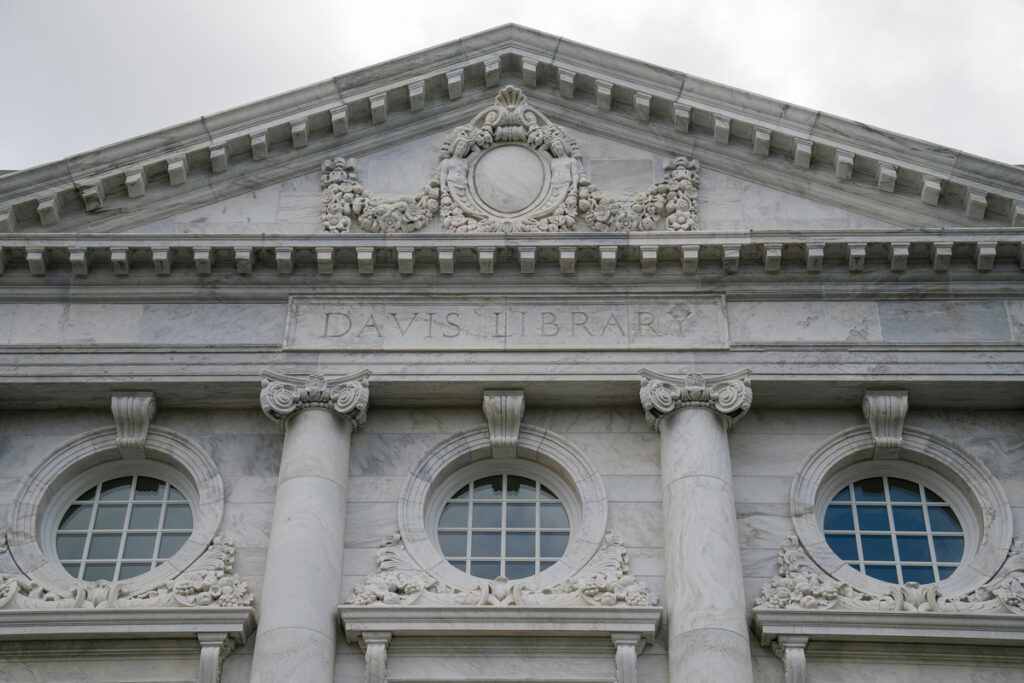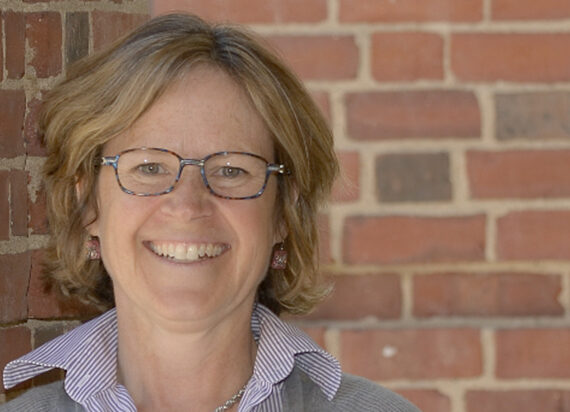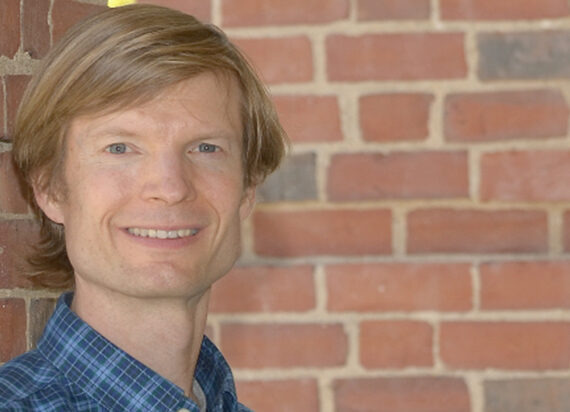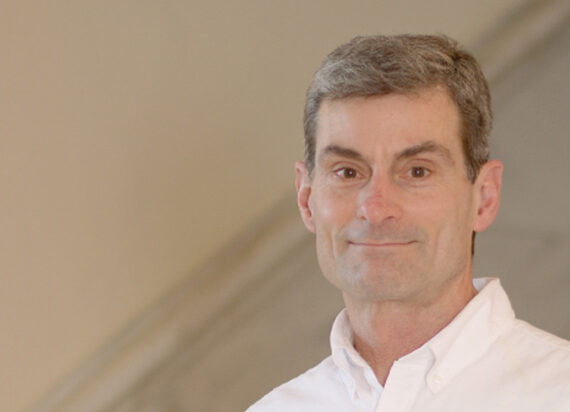Greeks and Romans asked questions about what it means to be human — What is goodness? What is knowledge? Their voices still speak to us 2,000 years later.
In the Classical Languages program, you will develop the ability to read and appreciate significant works of Greek and Latin literature in the original language.
By reading our own introductory Latin and Greek textbooks, and engaging with visiting scholars, coursework in the Classics will give students direct access to the thoughts of the authors themselves.
Student have the option to pursue the Classical Diploma, an intensive program of study in Latin and Greek. Recipients of the Classical Diploma wear a crown of laurels at graduation.
Classics Club
Go beyond the table and implement your classical language training around campus and beyond through the Kirkland Society.
Classical Diploma
See how you’ll work through the program and course materials. Wear a crown of laurels at graduation by pursuing advanced study in Latin and Greek.
2 International Programs
Engage with the ancient past and experience life abroad through travel opportunities to Italy or Greece.
Davis Hall
A century-old building is refreshed for its new era as home to Classics.

Featured Courses
GRK110
Elementary Greek
This sequence of courses introduces students to the study of ancient Greek, specifically the Attic dialect. No prior knowledge of Greek, Latin, or another inflected language is assumed.
LAT310
Cicero
In this course, students will read Cicero’s First Oration Against Catiline and discover how the consul Cicero used his rhetorical talents.
GRK621
Greek Old Comedy
This course offers a reading of comedies by the Athenian playwright Aristophanes. Irreverent, incisive and entertaining, the comedies of Aristophanes helped lay the foundations of modern political satire.
Visiting Scholars Program
The Department of Classical Languages invites classical scholars to campus each year with the goal of exposing Exeter students to college-level research in such fields as philology, linguistics, papyrology, history and archaeology. Visiting scholars spend a week teaching four lunch seminars focused on a single theme and delivers one lecture open to the public.


